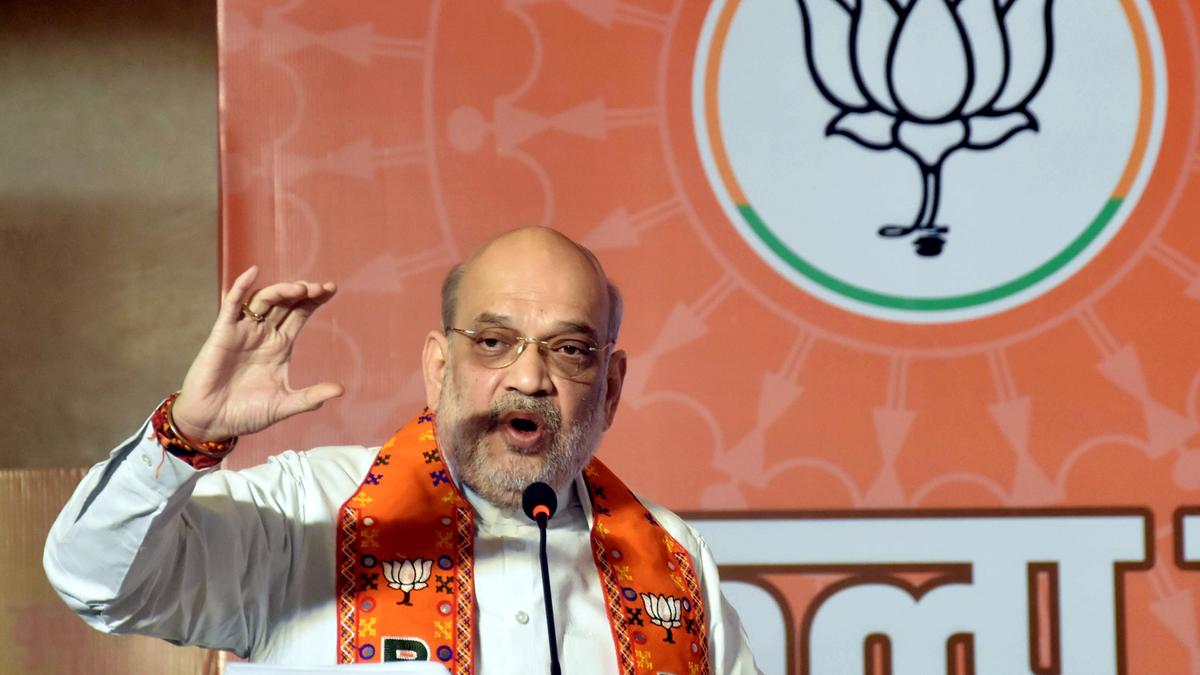NEW DELHI: Union road transport minister Nitin Gadkari on Wednesday slammed officials for the trend of cutting safety features to bring down cost of road projects. The minister said they can’t take such calls as they don’t pay from their salaries for safety features and urged them to incorporate designs in project preparation keeping in mind the behaviour of road users.
At a road safety conference organised by the India chapter of International Road Federation, Gadkari said, “There have been several cases where officers have done away with safety features in highway projects to bring down costs and in the name of making them financially viable.You can’t do that since you don’t pay for these from your salaries.” He added that since engineers are aware of how people behave on roads like jump dividers to cross, they must design roads in a manner that people can’t do so even if they want.
“Our solutions must take care of all these. There are several examples of how and why people prefer to cross roads risking them and others rather than using the foot over bridges (FOBs),” Gadkari said.
Union road transport secretary Anurag Jain said that his ministry has set the target to rectify all the identified 9,000 blackspots on NHs (stretches reporting more deaths) by March 2025. “We have rectified about 4,000 such black spots till date and the detailed reports for the remaining 5,000 black spots will be prepared in the next three months. We hope to sanction all projects in one go as we aim to rectify all engineering defects. We can use the election Model Code of Conduct period to prepare and approve the projects,” he said.
Stretches of about 500 metres on NHs where at least five crashes have taken place during three years, resulting in 10 fatalities, are designated as black spots.
Jain also said that there is a need to link the Advanced Traffic Management System (ATMS) being deployed across the NH network with Crime and Criminal Tracking Network and Systems (CCTNS) so that challans can be generated against traffic offences.
In his address, IRF president emeritus K K Kapila urged the government to work on all five elements of road safety — engineering of roads, engineering of vehicles, enforcement, education and emergency care — simultaneously to bring down road deaths. India registered the maximum ever 1.68 lakh road fatalities in 2022.
At a road safety conference organised by the India chapter of International Road Federation, Gadkari said, “There have been several cases where officers have done away with safety features in highway projects to bring down costs and in the name of making them financially viable.You can’t do that since you don’t pay for these from your salaries.” He added that since engineers are aware of how people behave on roads like jump dividers to cross, they must design roads in a manner that people can’t do so even if they want.
“Our solutions must take care of all these. There are several examples of how and why people prefer to cross roads risking them and others rather than using the foot over bridges (FOBs),” Gadkari said.
Union road transport secretary Anurag Jain said that his ministry has set the target to rectify all the identified 9,000 blackspots on NHs (stretches reporting more deaths) by March 2025. “We have rectified about 4,000 such black spots till date and the detailed reports for the remaining 5,000 black spots will be prepared in the next three months. We hope to sanction all projects in one go as we aim to rectify all engineering defects. We can use the election Model Code of Conduct period to prepare and approve the projects,” he said.
Stretches of about 500 metres on NHs where at least five crashes have taken place during three years, resulting in 10 fatalities, are designated as black spots.
Jain also said that there is a need to link the Advanced Traffic Management System (ATMS) being deployed across the NH network with Crime and Criminal Tracking Network and Systems (CCTNS) so that challans can be generated against traffic offences.
In his address, IRF president emeritus K K Kapila urged the government to work on all five elements of road safety — engineering of roads, engineering of vehicles, enforcement, education and emergency care — simultaneously to bring down road deaths. India registered the maximum ever 1.68 lakh road fatalities in 2022.






